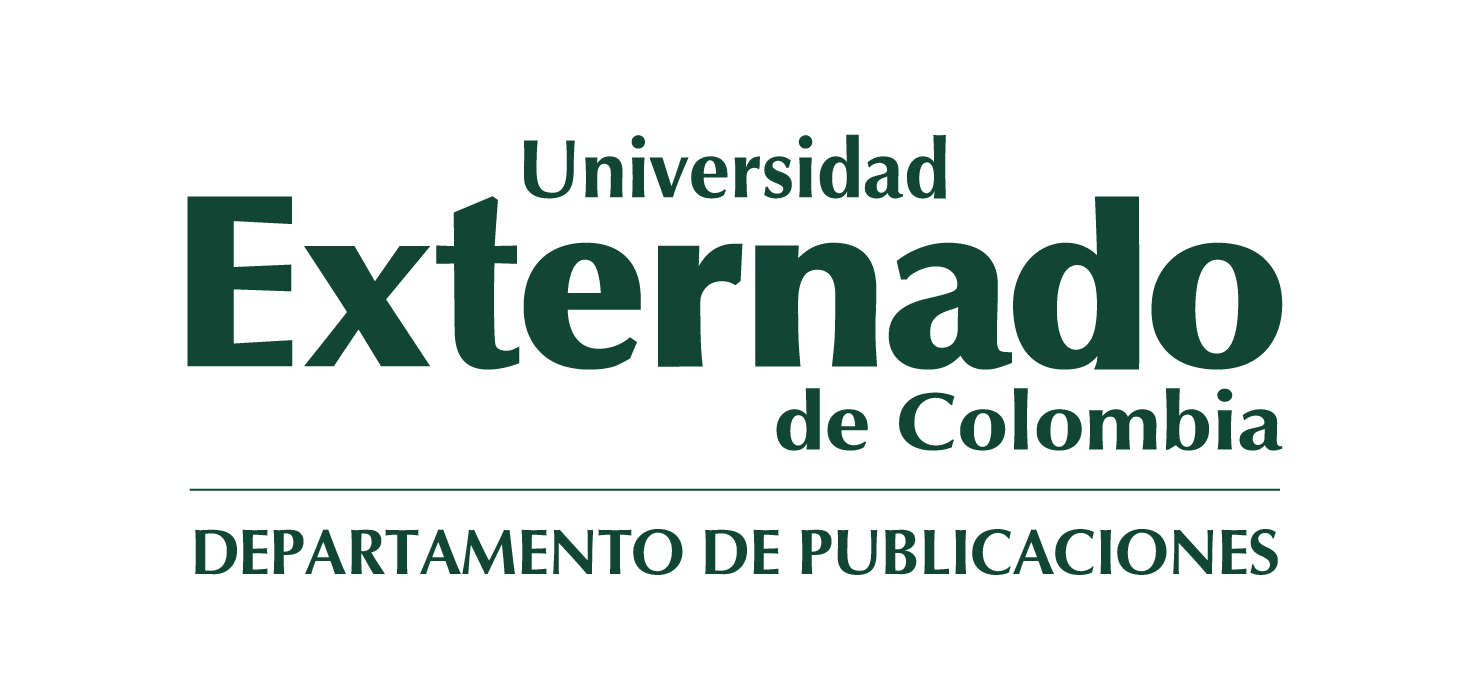Paradojas de las controversias territoriales latinoamericanas.
Entre el sometimiento a la jurisdicción de la Corte Internacional y la constitucionalización del territorio
Although the ideas of the Enlightenment inspired their wars of independence, Latin American states gave shape to an authoritarian political order that is usually called presidentialism and that, based on the interdependence of the global order and the principles and norms of international law, prevailing classic, they projected themselves to the world with a sovereign policy that is expressed, among other things, in the constitutionalization of their territory. However, this sovereign foreign policy came into contradiction with the principles of cooperation and multilateralism that emerged in the mid-20th century with contemporary international law, whose principles and norms were incorporated into the legal system of Latin American States through constitutional clauses of openness to law. international. In this way, when a territorial-maritime dispute between two Latin American States was submitted to the jurisdiction of the International Court of Justice, the States that were defeated in court made prevail the norms of domestic law that constitutionally elevated the territory, exposing, in In this way, they made sovereignty prevail over the principles of cooperation and multilateralism.
This work analyzes the seven rulings of the International Court of Justice that resolve the five Latin American territorial-maritime disputes, sovereignty, interdependence, cooperation and multilateralism.
PRESENTACIÓN
INTRODUCCIÓN
I. Delimitación del problema de investigación
II. Hipótesis III. Objetivo general
IV. Los diferendos territoriales latinoamericanos que se estudian en este trabajo
V. Variables que permiten construir el contexto histórico de los diferendos limítrofes objeto del presente análisis
VI. Estructura capitular PRIMER APARTADO
LA TRANSFORMACIÓN DEL DERECHO INTERNACIONAL, EL SOBERANISMO DE LOS PAÍSES LATINOAMERICANOS Y LAS CLÁUSULAS DE RECEPCIÓN I. La independencia y los orígenes soberanistas de la política exterior de los Estados latinoamericanos
II. La cooperación y el tránsito hacia el derecho internacional contemporáneo
III. La paradoja del constitucionalismo latinoamericano: ¿prevalencia del derecho internacional o prolongación del soberanismo?
IV. Discernimiento de un enfoque teórico para proponer este trabajo
V. Cláusulas de recepción versus constitucionalización del territorio. Una comparación de las constituciones políticas de los Estados latinoamericanos involucrados en las controversias
SEGUNDO APARTADO LAS CONTROVERSIAS TERRITORIALES LATINOAMERICANAS
I. CAPÍTULO RELATIVO A LA CONTROVERSIA SOBRE FRONTERAS TERRESTRES, INSULARES Y MARÍTIMAS DE EL SALVADOR CONTRA HONDURAS
1. Sumario
2. Hechos
3. Aspectos geográficos
4. Hitos históricos
5. Perspectivas jurídicas
6. A posteriori
II. CAPÍTULO RELATIVO A LA CONTROVERSIA TERRITORIAL Y MARÍTIMA ENTRE NICARAGUA y HONDURAS EN EL MAR DEL CARIBE. SENTENCIA DEL 8 DE OCTUBRE 2007
1. Sumario
2. Hechos
3. Aspectos geográficos
4. Hitos históricos
5. Perspectivas jurídicas
6. A posteriori
III. CAPÍTULO RELATIVO A LA CONTROVERSIA TERRITORIAL Y MARÍTIMA NICARAGUA CONTRA COLOMBIA
1. Sumario
2. Hechos
3. Aspectos geográficos
4. Hitos históricos
5. Perspectivas jurídicas
6. A posteriori
IV. CAPÍTULO RELATIVO A LA DISPUTA MARÍTIMA PERÚ CONTRA CHILE, FALLO 27 DE ENERO DE 2014
1. Sumario
2. Hechos
3. Aspectos geográficos
4. Hitos históricos
5. Perspectivas jurídicas
6. A posteriori
V. CAPÍTULO RELATIVO A LA DELIMITACIÓN MARÍTIMA EN EL MAR DEL CARIBE Y EN EL OCÉANO PACÍFICO Y LÍMITE DE TIERRA EN LA PARTE NORTE DE ISLA PORTILLOS. COSTA RICA CONTRA NICARAGUA. SENTENCIA DEL 2 DE FEBRERO DE 2018
1. Sumario
2. Hechos
3. Aspectos geográficos
4. Hitos históricos
5. Perspectivas jurídicas 6. A postenori
CONCLUSIONES
BIBLIOGRAFÍA
eBook
Impreso
-

-
Eric Tremolada Álvarez
-
Profesor e investigador sénior de la Universidad Externado de Colombia en las áreas de derecho internacional público 768 Redefinición de agendas y actores en el actual (des)orden internacional y derecho de la integración comparado de Europa con América Latina, titular en Colombia de la Cátedra Jean Monnet de Derecho Internacional e Integración que se imparte en su Universidad con el aval de la Comisión Europea. Abogado con posdoctorado en derecho internacional y doctorado en derecho de la Universidad de Valencia, España, tras haber obtenido un DEA en derecho internacional y relaciones internacionales por la Universidad Complutense de Madrid e Instituto Universitario Ortega y Gasset; cuenta, además, con un máster en análisis y gestión de ciencia y tecnología en la Universidad Carlos III; una especialización en derecho constitucional y ciencia política del Centro de Estudios Constitucionales de Madrid, y un diploma en altos estudios internacionales de la Sociedad de Estudios Internacionales de España. Autor y editor de múltiples libros, artículos científicos y de difusión, ensayos y es colaborador de medios escritos.
-
-

-
Bernardo Vela Orbegozo
-
Bernardo Vela Orbegozo es abogado de la Universidad Externado de Colombia y profesor de derecho internacional de la misma institución educativa.
-
eBook
Digital: descarga y online - EPUB
Catálogo Universidad Externado:
Impreso
Catálogo Universidad Externado:



